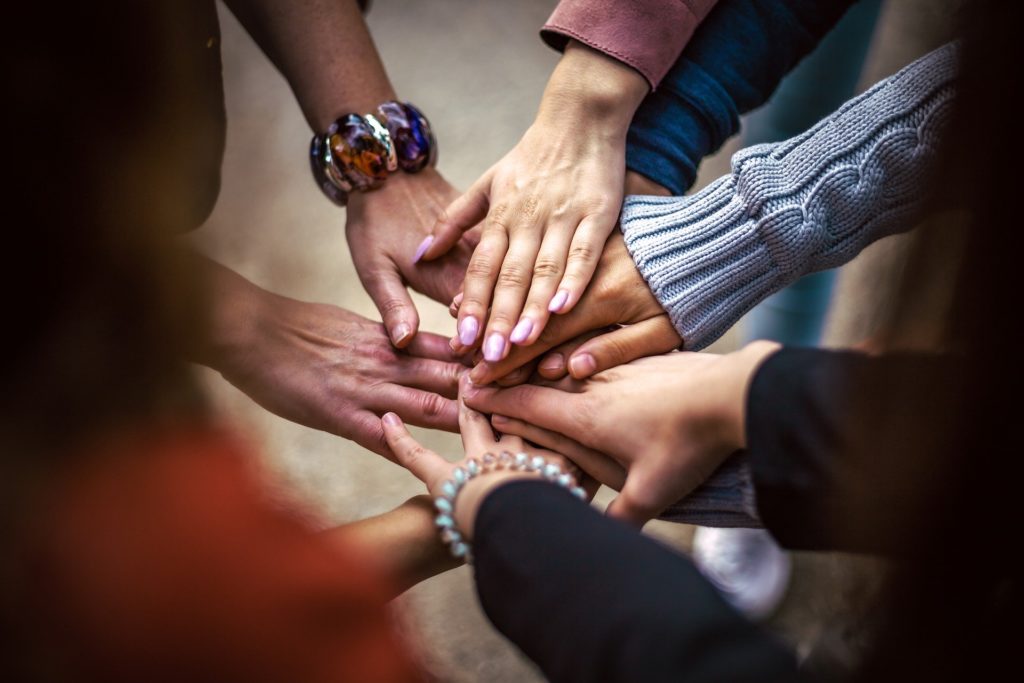The coronavirus pandemic took a heavy toll on communities across the country as many fell ill and lost loved ones to the deadly disease. Hospices reached deeper into their communities with collaborations to procure and provide resources amid heavy COVID-19 headwinds.
To date, COVID-19 has claimed 595,301 lives since the outbreak first hit the United States, with the U.S. Centers for Disease Control and Prevention (CDC) reporting 439 deaths on June 7 alone. While its spread has slowed since vaccinations began rolling out earlier this year, less than half or 42.3% of the United States is fully vaccinated, according to recent CDC reports.
The pandemic’s persistence remains at the forefront of many hospice providers’ minds, with COVID-19 continuing to pummel their operations and finances. Some built up partnerships with various local personal protective equipment (PPE) suppliers or became avenues of community support themselves during the public health emergency. These community collaborations represent an opportunity for hospices to develop valuable relationships that can extend beyond the pandemic.
Hospices should encourage partnerships with small community businesses, according to Kathleen Benton, president and CEO of Georgia-based Hospice Savannah. Benton, who also holds a doctorate in public health, began applying a “buy local” approach during the pandemic. Hospice volunteers can be key to filling gaps in a community and in a broken health care system, according to Benton.
“What really struck me with the ‘buy local’ idea was wondering what does my community really need? I wanted to take this really complicated, intensely siloed health system and make it right for the patient,” said Benton during a recent Husch Blackwell podcast. “Hospices are wrought with volunteers, and that was the point with ‘buy local;’ to be an entity that literally invests in your community.”
Hospice utilization in Georgia was slightly lower than the national average of 51.6% in 2019, according to the Medicare Payment Advisory Commission. This is up from 50.3% the prior year.
Hospice Savannah applied their buy-local approach during the pandemic, setting up a vaccination clinic in April 2020 and quickly adapting their inpatient facilities to care for COVID-19 patients. The hospice’s volunteer base was a large part of the mass vaccination site that Hospice Savannah opened in addition to smaller vaccine clinics in April this year, inoculating roughly 700 people per day at the larger site.
“You can’t do everything, but you can recognize your strengths and when there is the opportunity to collaborate with partners in your community who are doing it,” said Benton. “You can say, ‘I’ll take a piece of it, because I am community vested and it’s very easy for me to do this piece because I have those skilled people. It’s an out-of-the-box mentality. You can walk around with an open mind and when a community need is pitched, you can really brainstorm and see where you might fit into that. By not staying in your own lane, the positive that comes is that you don’t limit yourself and you look for where your skill set is applicable.”
Respite care, grief counseling, spiritual and emotional services are some of the areas to which hospices could lend support within their communities. With the pandemic pushing more care into the home, hospices have honed their focus on community-based care models and engaged with stakeholders such as faith group leaders, local businesses and organizations as well.
Applying a more localized approach to the business of hospice could benefit providers who are increasingly diversifying their service lines. Community-based care in the home could be an avenue for hospices to get further upstream and reach patients sooner in their illness trajectories.
This would allow providers to stretch beyond the confines of the Medicare Hospice Benefit, according to Meg Pekarske, hospice attorney and partner at Husch Blackwell.
“Our ability to get upstream in health care and the need to transform, we’re able to do that because we’re not siloed [in hospice]. There is a lot of advanced illness and chronic illness, and we really have the skill set to handle all of that,” said Pekarske during the podcast. “If you’re driven by what your community needs, [then] you can repurpose your skills in new and different ways. You can use your core competencies in different ways to solve different community problems. You don’t need to solve the whole problem, but if you are connected to your community and have collaborations or partnerships in which you can lend a hand because of the core competencies you have.”



